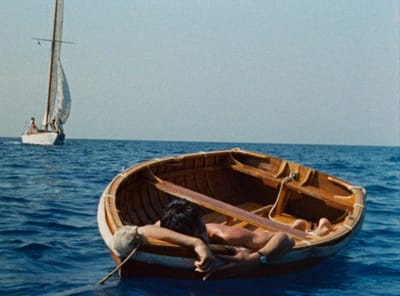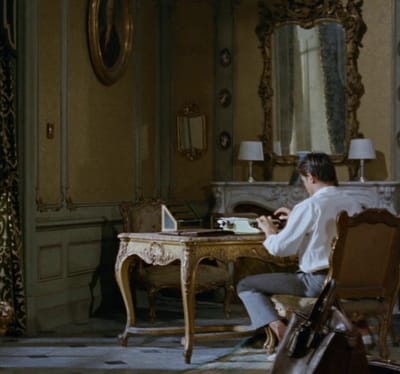I saw a lot of myself in Billy, until the day he put a bullet in his head. Then I drew a line. That was not me; though, a few days before, it wasn’t him either. I thought of him the way I thought of myself, he could never. I suppose that’s the most rattling part of his suicide: If it could take him, then who else? Me too?
I have entertained convictions of self-pity and welcomed immobilizing forms of melancholy before, neither of which ever seemed significant enough to admit. The thoughts would infiltrate but never occupy my mind. They seemed too fleeting to acknowledge, something I could overcome myself. I second guess that behavior now, because last I knew his were too. Last I knew, two weeks before he took his own life, he was excited about what was next: working on another piece for The War Horse, training to rejoin the military—though not the Corps—to finally accomplish one of his lifelong dreams—a dream many of us share but never see through—to join the ranks of those in Special Forces.
What’s most maddening about his way of dying is how deceptively it portrays his way of living.
Suicide suggests he spent a day on this earth weaker than most men, or that he never attached himself to much worth living for. These are both lies. Billy—“G,” we called him—possessed a rare combination of physical, artistic, and personality-driven attributes that made you wonder if there was a thing he couldn’t do well. I remember laps with him on the flight deck, running with no particular number in mind, and me desperately wishing he’d tire. I remember returning the favor in the pool, the one place I could outperform him. His physicality wasn’t an end in itself but an expression of his aspiring spirit. One best exemplified during my first deployment with him: When he wanted to quit dipping, he forced himself to run laps every time he craved a pinch. He brought us all into his stride, raised everyone around him to his standards. Jordan recalls one of the earliest days he met G, who, disgusted by Jordan’s tardy and sloppy appearance, slapped him in the face saying, “I’m going to fix you,” and he did. He had animated what it meant to be a Viking—a member of 3/2 Kilo—not just by leading, but by drawing the logos for our deployment memorabilia, through both deployments. Most vividly, I remember the late evening trips to his barracks room or the berthing space, where we’d exchange books and talk about the news, curious happenings in society, and our future as writers.
I hope memories of the way G inspired us to a higher, happier, way of life aren’t lost in the sadness that follows his death. I hope his cool head in trying times, snappy humor in the worst of conditions, and encouraging drive for self fulfillment is what we remember in his absence. After reading through each text we shared leading up to the last weeks of his life, I still can’t find a single sign he was depressed, or that he was dropping a hint for help. The fact that he wanted to go back into the military could be read as a sign he was dissatisfied with life on the outside. Something I think every veteran has felt. And if every veteran has felt that, feels that, how many more thoughts away are we from reality’s harsh hand… forever, I’d rather feel his again… but reality has taken Billy’s place now.
Read William Gehrung's War Horse piece, "In The Absence Of Trust And Confidence."
Editors Note: This article first appeared on The War Horse, an award-winning nonprofit news organization educating the public on military service. Subscribe to their newsletter





